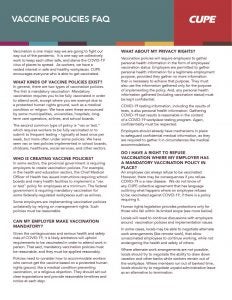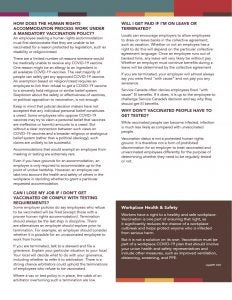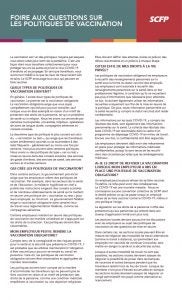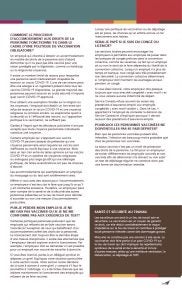

The Racial Justice and Human Rights and Women’s Virtual Conference is taking place from December 7-10, 2021.
Click here to view the First Call notice for this conference. Click here to register now, with password “conference2021”.
If you require Simultaneous French Translation, ASL, or have any other accessibility needs, please complete your request in the online registration form by clicking the link below or contract our office at 905-739-9739, ext 610.
ACCESS REQUIREMENTS MUST BE COMPLETED AND RETURNED BY NOVEMBER 19TH. PLEASE SEE CORRESPONDENCE REGARDING VOTING ON PAGE 2 OF THE FIRST CALL ANNOUNCEMENT.

ALLIES ARE ENCOURAGED AND WELCOME TO ATTEND.
Pour lire le premier avis de convocation à cette conférence virtuelle, veuillez cliquer ici. Pour vous inscrire dès maintenant, veuillez cliquer sur le lien qui suit: https://cupe.on.ca/fr/inscription-a-la-conference-virtuelle-sur-la-justice-raciale-a-la-conference-virtuelle-sur-les-droits-de-la-personne-et-a-la-conference-virtuelle-des-femmes-du-scfp-ontario/ avec le mot de passe : conference2021.
Si vous avez besoin de traduction simultanée en français ou d’interprétation en ASL ou si vous avez d’autres besoins en matière d’accessibilité, veuillez faire votre demande en remplissant le formulaire d’inscription en ligne sur le premier avis de convocation ou appeler à notre bureau au 905 739-9739.
CES FORMULAIRES DOIVENT ÊTRE REMPLIS ET RETOURNÉS AVANT LE 19 NOVEMBRE.
Si vous avez besoin de cet avis en anglais, visitez notre site Web.




